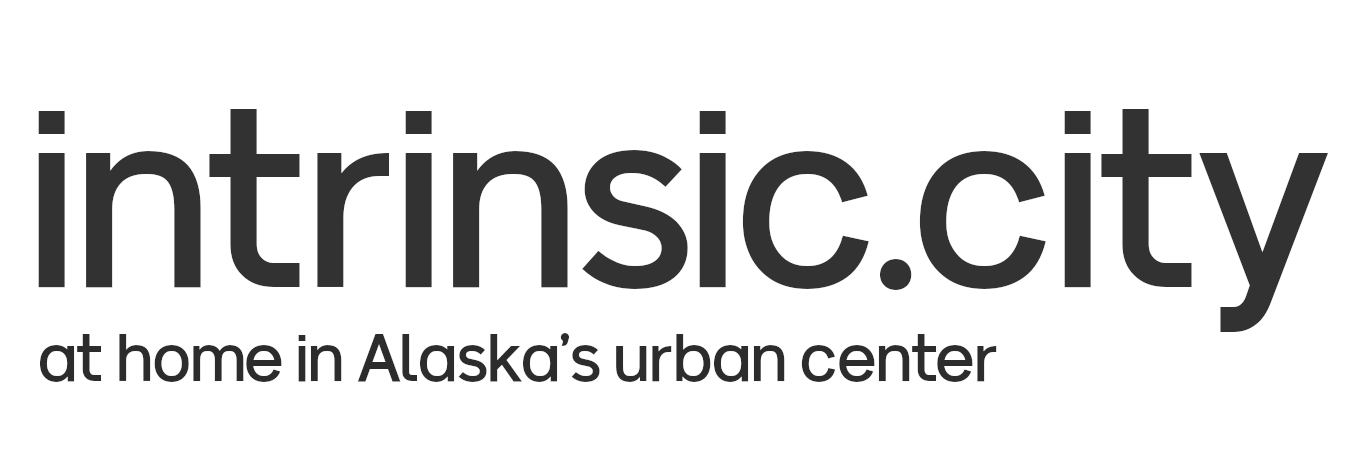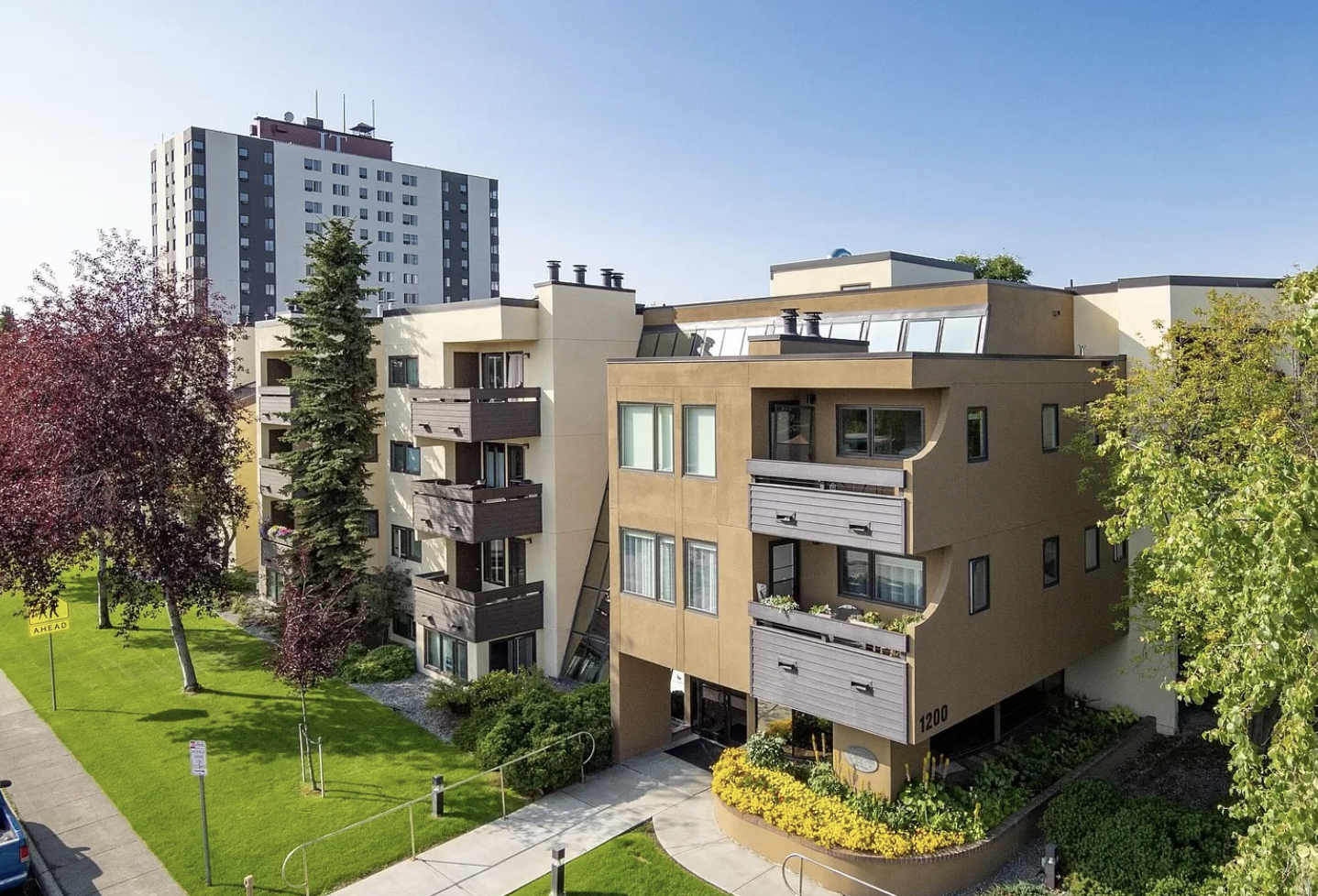Own a condo? You have an obligation to participate.
I was inclined to write this piece after the tragic incident at the Surfside Condominiums last June, but I wanted to be sensitive to families and friends who lost loved ones in the collapse and give it a little time. The most tragic aspect of this disaster is that it’s widely considered to have been preventable. Several factors contributed to this disaster, and no person or group is to blame – this is something I’m not willing to discuss.
I want to address the multiple accounts of residents who mistrust their condo association and speculation about unethical financial activity. These are generally feelings and statements by people who are neither engaged nor informed.
I served as the president of a condo association in Anchorage for over ten years, not because I loved doing it but because nobody else would take on the responsibility despite my pleas. My overly extended term was probably even a violation of our bylaws but just getting people to come to a meeting was hard enough. We were almost unable to hold our annual meeting on more than one occasion because we couldn’t establish a quorum. Many of the residents of our association were utterly unaware of the viability of their own homes, something that is unfortunately not unique to my experience, and that’s not OK.
Being involved in your condominium association is the best way to ensure your home is safe and your investment is secure; attend meetings, serve on the board and even do a term as president if you’re so inclined. Actively engaged residents of condo associations protect their interests and help make sure their development is a good neighbor to the surrounding community by properly managing parking and ensuring the landscaping is well-kept.
Before you purchase a condo, request copies of all the legal documents related to the association, including things like the bylaws, which define how the board of directors operates, the covenants, which are essentially a set of rules which homeowners must abide by. Lastly and importantly are the financial statements. Condo associations must disclose the association’s financial records, which includes essential information like the ratio of income to expenses (is this association financially solvent?) and reserves. Reserves are very important to understand as they are essentially dedicated funds for repairing and maintaining the buildings and grounds. Homeowners living in an association will receive a detailed financial report annually. Additionally, those who attend regular meetings will likely receive up-to-date financial statements.
If you live in a condominium, your association is like your first level of government. If you’re not involved, you’re not a citizen; you’re a subject.
Helpful Links
Youtube Video: How to Read and Analyze Condo Financial Statements [Tutorial]



